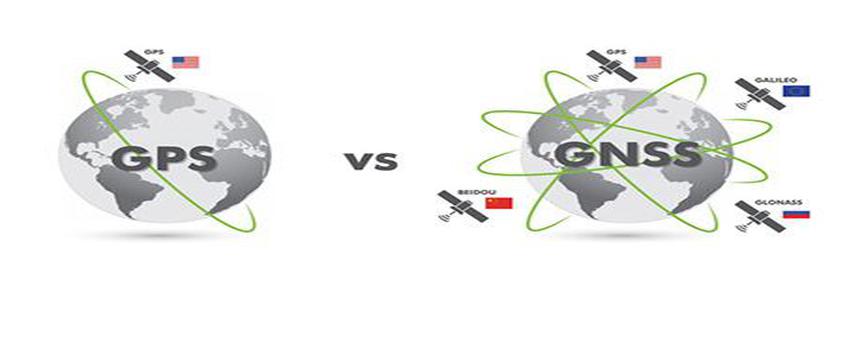10
Jan
The difference between GNSS and GPS explained
What is the difference between GPS receivers and GNSS receivers?
Satellite navigation is a system of satellites that provide autonomous geo-spatial positioning with global coverage and allow small electronic receivers to determine location (longitude, latitude, and altitude/elevation) using time signals transmitted from satellites. Often times the terms “GNSS” and “GPS” are used interchangeably but there are key differences between the two:
GNSS
GNSS stands for Global Navigation Satellite System, and is the standard generic term for satellite navigation systems that provide autonomous geo-spatial positioning with global coverage. This term includes e.g. the GPS, GLONASS, Galileo, Beidou and other regional systems. GNSS is a term used worldwide The advantage to having access to multiple satellites is accuracy, redundancy and availability at all times. Though satellite systems don’t often fail, if one fails GNSS receivers can pick up signals from other systems. Also if line of sight is obstructed, having access to multiple satellites is also a benefit. Common GNSS Systems are GPS, GLONASS, Galileo, Beidou and other regional systems. A GNSS receiver can use signals from any positioning satellite, not just the ones in the GPS system. This means that even if all of the GPS signals are blocked, it can pick up signals from any of the other satellite systems worldwide. This flexibility makes GNSS receivers much more accurate and reliable than GPS technology alone. With GNSS, you can be confident that you are getting the best result possible, wherever and whenever you need it.
GPS
The United States’ Global Positioning System (GPS) consists of up to 31 medium Earth orbit satellites in six different orbital planes, with the exact number of satellites varying as older satellites are retired and replaced. Operational since 1978 and globally available since 1994, GPS is currently the world’s most utilized satellite navigation system. A GPS receiver can only use signals from the 31 satellites in the Global Positioning System, and if too many of these signals are blocked, the receiver becomes useless until it can find a signal again. So GPS is just the United States’ satellite system instead of the satellite systems of multiple countries.
You’ll notice that we often still use the term ‘GPS’ instead of ‘GNSS’ on this website because a lot of people are only familiar with GPS and not so much with GNSS, so to avoid misunderstanding we often still call it GPS.
Mots-clés : #GPS #GPS-Algérie #Localisateur-GPS-Algérie# géolocalisation-Algérie #traceur-GPS #outils-GPS #solutions-de-géolocalisation #Algérie-GPS #Gestion-de-flotte #vente-installation-gps-algérie #installation-gps-services-algérie #Boitiers-GPS #Installation-GPS-Algérie #Tracker-gps #i2b #GeoFlotte
